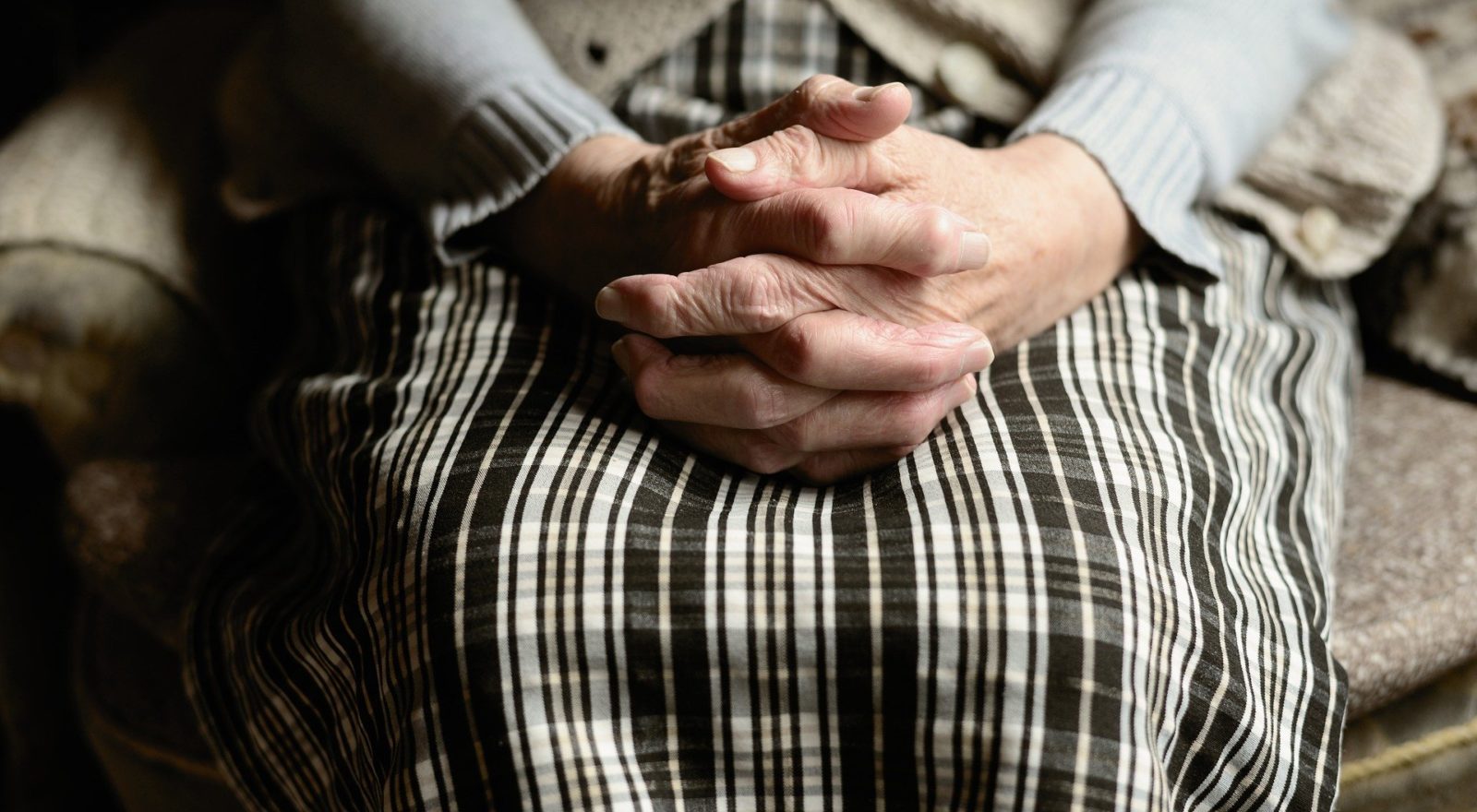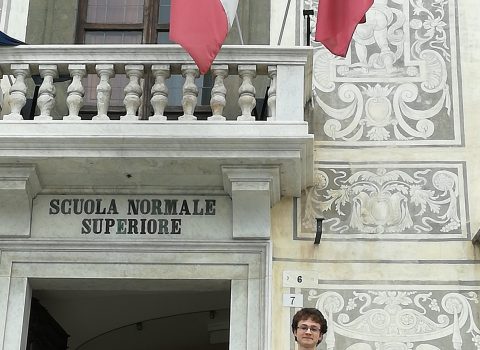OLDER ADULTS AND COVID-19: A GREAT LESSON FOR THE MEDICINE OF THE FUTURE
A webinar with Prof. Marco Trabucchi to talk about the critical issues related to the world of older adults that emerged during the Covid-19 pandemic.
Article 25 of the Charter of Fundamental Rights of the European Union establishes the right of the elderly to lead a life of dignity and independence and to participate in social and cultural life. Yet, during the Covid-19 pandemic, it was often they, the most fragile part of our country, who paid the highest price.
For this reason, Prime Minister Mario Draghi, on a visit to the Bosco della Memoria in Bergamo, one of the areas hardest hit by the virus, said: “We are here to promise our older adults that it will never happen again that fragile people are not cared for and protected, only in this way will this Wood of Memory be the symbol of our commitment and redemption.”
During the FBK Salute seminar held on April 1, the critical issues of care and treatment were analyzed with Marco Trabucchi, full professor of Neuropsychopharmacology at the University of Rome “Tor Vergata”, a psychiatrist, currently scientific director of the Geriatric Research Group of Brescia and chair of the Italian Association of Psychogeriatrics.
Now that we have been grappling with the pandemic for months, we need to place the elderly at the center of discourse on public ethics, especially when we have the most powerful weapon in our arsenal to defeat the disease: vaccines. It will be important to reflect on the critical aspects that contingency has placed in the spotlight, to turn to a comprehensive approach that will embrace all the dimensions of the life of an older adult and not just the clinical one. A “culture of the elderly person”, also defined as ageism, which is currently lacking, must be created from scratch. Similarly, more resources must also be invested in biological and clinical research for this age group, as well as in adequate and specific training for doctors, nurses and psychologists on how to treat seniors and their diseases.
The same applies to the attention to infectious diseases, poorly investigated in recent decades, which has led to a total lack of preparedness when the pandemic nit in early 2020, and even before when it was not forecast.
The geriatric universe is a complex system, already weakened by the modern crisis of natural networks, i.e. family, neighborhood, city, that used to provide support in the lives of the elderly. Trivially, an older person is profoundly affected even by the closure of small neighborhood shops, consequently feeling less stimulated to leave the house, to exercise, to eat properly, etc.
The same applies to the attention to infectious diseases, poorly investigated in recent decades, which has led to a total lack of preparedness when the pandemic nit in early 2020, and even before when it was not forecast.
The geriatric universe is a complex system, already weakened by the modern crisis of natural networks, i.e. family, neighborhood, city, that used to provide support in the lives of the elderly. Trivially, an older person is profoundly affected even by the closure of small neighborhood shops, consequently feeling less stimulated to leave the house, to exercise, to eat properly, etc.
With the management of the pandemic, the weaknesses of aspects of home care, hospital care and nursing homes care emerged in parallel:
1. Home care: many people, due to the overcrowding of hospitals, were treated at home, in the solitude caused by the impossibility of seeing family members but also their doctors, since primary care phusicians were not prepared in terms of tools and skills for home visits to infected patients. It was slowly understood that home care as it had been conceived does not meet the real needs of the people, which makes de-hospitalization or ultimately not ending up in a nursing home impossible.
2. Hospital care: the problem of cuts in intensive care in recent years has emerged clearly, that has sometimes forced staff to make choices about who to treat and who not to.
3. Nursing home care: but it is in the nursing homes that the most dramatic situations of loneliness have occurred – and are still taking place today, with patients who have not been able to see loved ones for months. In a similar context, the need for highly trained staff to support residents in such a delicate moment becomes even more apparent.
Rather than hoping for a return to pre-covid normality in geriatric healthcare and related professions, Prof. Trabucchi invited us to invoke changes that will start from the lessons learned from the pandemic and have as their ultimate goal a due consideration and protection of the most vulnerable people.



